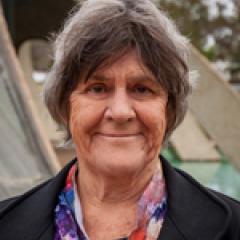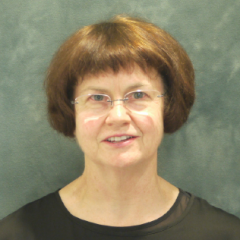What is the CKD biobank?
A biobank is an organised collection of human bio-specimens and associated clinical data that is used for clinical research. The Chronic Kidney Disease (CKD) Biobank is an initiative by the NHMRC CKD.CRE to establish a biobank focusing specifically on CKD. This resource aims to improve knowledge and outcomes for people living with this disease by providing researchers access to large volumes of quality bio-specimens and associated clinical data from people with CKD who have donated in support of kidney research.
Publication: Owens, E.P., Hoy, W.E., Cameron, A., Coombes, J. and Gobe, G.C., 2019. An Australian Chronic Kidney Disease Biobank to Support Future Research. Open Journal of Bioresources, 6, p.2. DOI: http://doi.org/10.5334/ojb.56
What will be collected and how will it be used?
The CKD Biobank is designed to collect, store, and manage blood and urine bio-specimens and clinical data in addition to DNA (isolated from saliva) and kidney tissue collected from CKD patients and also samples from healthy volunteers whose donations act as controls. These samples are collected under an unspecified consent model which means that the person has approved (consented to) the use of their bio-specimen in a future, as yet unspecified, but to be ethically-approved research endeavour focusing on kidney disease. The biobank and its sample repositiory will be used to gain new knowledge, and potentailly of new treatments, for people at risk or living with CKD. The CKD Biobank allows us, with national and international colleagues, to support these goals.
The biobank is housed in the Translational Research Institute, Brisbane, Queensland, Australia.
Who can access banked material?
Only bona fide researchers investigating chronic kidney disease will be granted access to the material housed within the CKD Biobank.
Researchers applying for access will be assessed on:
- the contribution the proposed research will make to CKD knowledge and outcomes for people with CKD;
- ethical robustness of the proposed research;
- and the capacity for the research team to complete the proposed research project.
Researchers wishing to access banked material will need to submit a Bio-specimen and Clinical Data Acquisition Request Form to the CKD Biobank at ckd.biobank@uq.edu.au.
How can I help the CKD Biobank?
As a researcher, you can help the CKD Biobank by submitting a Bio-specimen and Clinical Data Acquisition Request Form to use material from the CKD Biobank in your research. This resource is here to be used in clinical research to improve CKD knowledge and outcomes for individuals living with CKD. As a member of the general public, if you are a healthy individual you can help the CKD Biobank by participating and donating biological specimens.
Enquires
Any enquiries related to the CKD Biobank can be directed to ckd.biobank@uq.edu.au.







